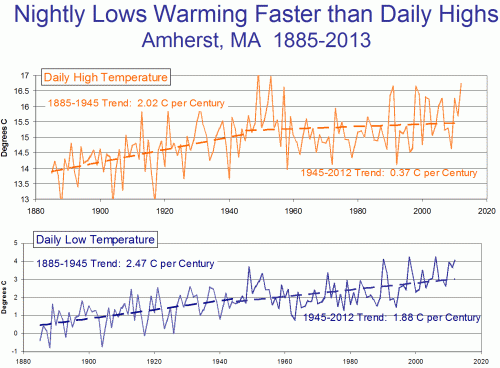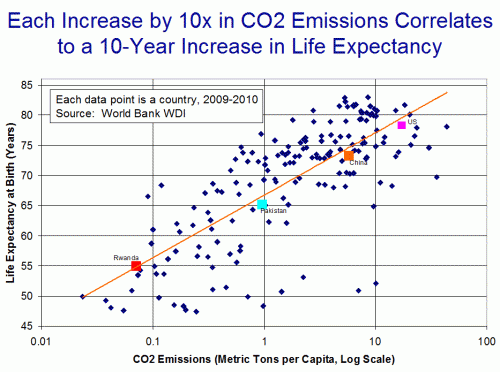The Higher Education Monoculture
I have written before that many universities have focused on creating true diversity of skin pigments and reproductive plumbing among their students but in their primary world of ideas, have created an intellectual monoculture. If you don't believe it, check out this quote from a Yale dean in the Yale Daily News.
Despite ongoing campus discussions about free speech, Yale remains deeply unwelcoming to students with conservative political beliefs, according to a News survey distributed earlier this month.
Nearly 75 percent of 2,054 respondents who completed the survey — representing views across the political spectrum — said they believe Yale does not provide a welcoming environment for conservative students to share their opinions on political issues. Among the 11.86 percent of respondents who described themselves as either “conservative” or “very conservative,” the numbers are even starker: Nearly 95 percent said the Yale community does not welcome their opinions. About two-thirds of respondents who described themselves as “liberal” or “very liberal” said Yale is not welcoming to conservative students.
...
By contrast, more than 98 percent of respondents said Yale is welcoming to students with liberal beliefs. And among students who described themselves as “liberal” or “very liberal,” 85 percent said they are “comfortable” or “very comfortable” sharing their political views in campus discussions.
In an interview with the News, Yale College Dean Jonathan Holloway said the results of the survey were lamentable but unsurprising. Holloway attributed conservative students’ discomfort at sharing their views partly to the pervasiveness of social media.
“So much of your generation’s world is managed through smart phones. There’s no margin anymore for saying something stupid,” Holloway said. “People have been saying dumb things forever, but when I was your age word of mouth would take a while. Now it’s instantaneous, now context is stripped away.”
So the reason Conservatives have a problem at Yale, according to the Yale administration, is that Yale people don't tolerate folks who are stupid. LOL. The Dean later tried to back away from this statement, arguing that he did not mean Conservatives said stupid things, but his comments don't make any sense in any other context.
The institution is certainly hurt by this sort of narrow-mindedness. It is more of a mixed bag for students. While Conservatives are certainly frustrated they are frequently not allowed to bring speakers from their side of political issues to campus, there is potentially a silver lining. As I wrote previously in my letter to Princeton:
I suppose I should confess that this has one silver lining for my family. My son just graduated Amherst College, and as a libertarian he never had a professor who held similar views. This means that he was constantly challenged to defend his positions with faculty and students who at a minimum disagreed, and in certain cases considered him to be a pariah. In my mind, he likely got a better education than left-leaning kids who today can sail through 16 years of education without ever encountering a contrary point of view. Ironically, it is kids on the Left who are being let down the most, raised intellectually as the equivalent of gazelles in a petting zoo rather than wild on the Serengeti,.



